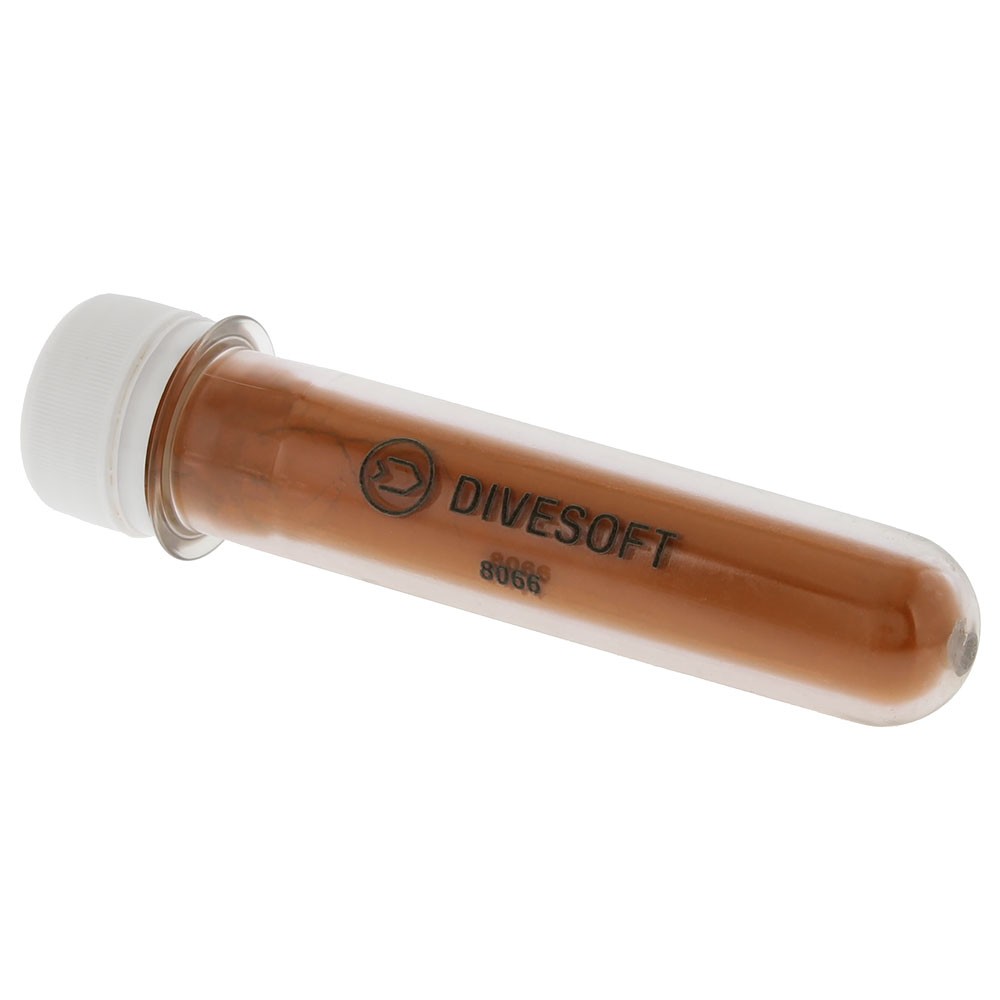We don't know what transpired nor the condition or state the father was in, 3 days, no food, no drinking water, heat exhaustion or hypothermia...physically (and mentally)"" exhausted. Under direct sunlight in the open sea for 3 days....And let the body flowed away! Very odd indeed.
No weight belt to tie the body with the father?
nobody is in the right state of mind by this point.
Let's wait for more information before we pass judgement,




